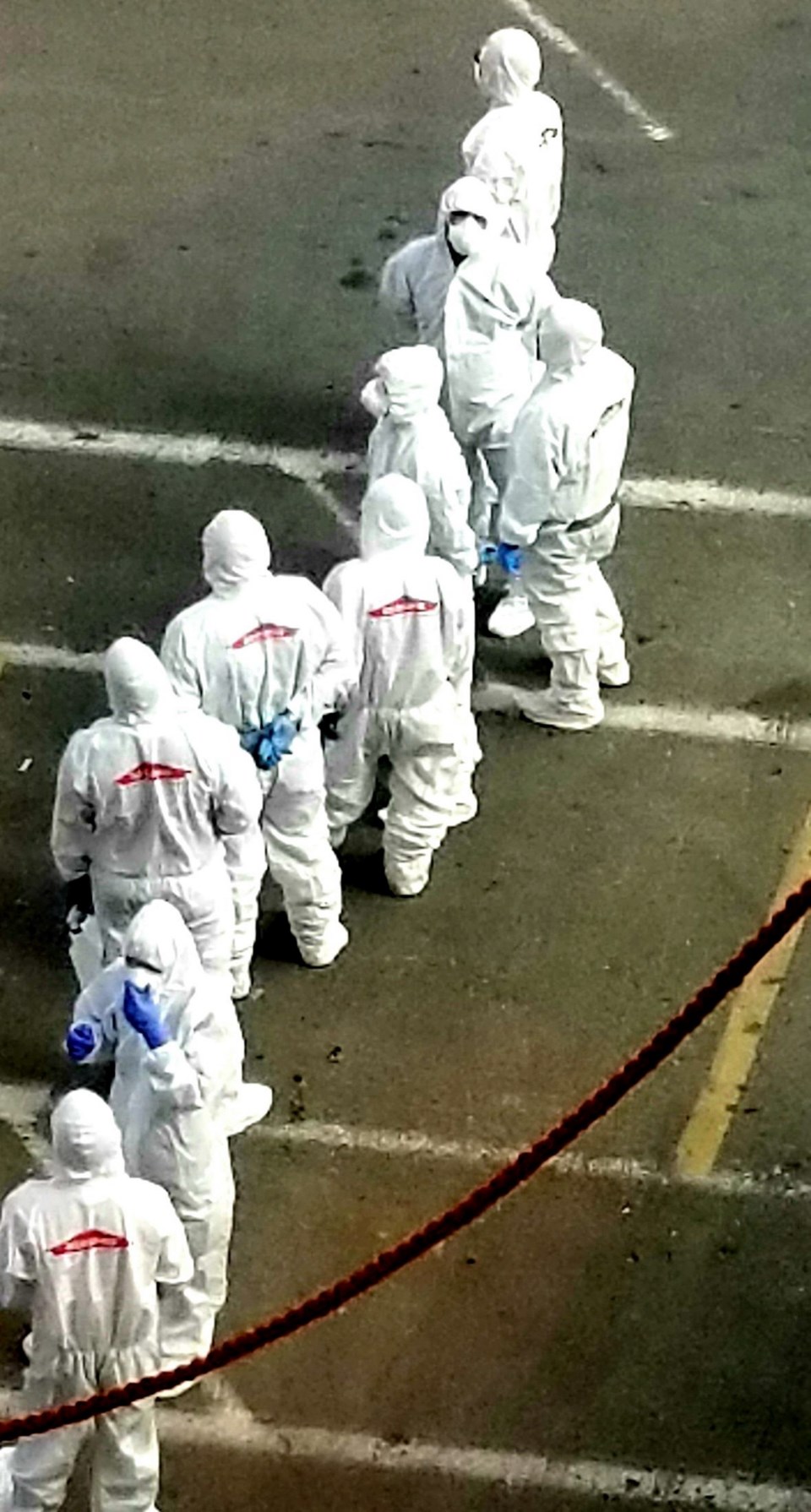By the day, it appears more likely that it is impossible to contain the coronavirus outbreak, which was blamed on Monday for the death of a man in North Vancouver.
Efforts are underway across the globe to halt its spread, including the cancellation of flights to and from more heavily infected regions, and quarantine measures that have been applied to cruise ships and entire cities.
But most health experts believe these will produce only limited results. With cases now reported in more than 100 countries, although some are single incidents, the disease probably has too great a geographic spread to be halted or confined.
In addition, the virus appears to be more infectious than most flu聽strains, meaning it can move more rapidly through populations.
The unresolved question is how dangerous this ailment turns out to be. On this, expert opinion is divided.
Although 110,000 cases have been diagnosed so far, we don鈥檛 really have an accurate count. Since the disease produces flu-like symptoms, it鈥檚 likely many incidents go unreported.
Then again, many deaths have occurred in patients whose well-being was already compromised, either by age or pre-existing conditions like pneumonia. Of the 22 deaths to date in Washington state, 19 were residents of a nursing home in a Seattle suburb.
Although 70-some cases have been confirmed so far in sa国际传媒, and the total continues to rise, Dr. Bonnie Henry, the provincial health officer, rates the risk of a serious outbreak at the low end of the scale. If she鈥檚 right, the coronavirus should be no more threatening for sa国际传媒鈥檚 population as a whole than a mild to moderate flu season.
There are common sense precautions that each of us can take. The disease is spread primarily through water droplets. It is recommended we cough or sneeze into an elbow sleeve.
Health officials believe masks are only needed for people with symptoms, or people who may come in contact with a person who is infected. Ideally, anyone who develops symptoms should consider staying home.
Frequent hand washing is easily the most effective preventive against any infectious disorder.
It appears small children under the age of 10 are largely safe from coronavirus. The reason is not fully understood, but it鈥檚 believed that kids this young, who are frequently exposed to colds at school, develop a form of immunity to the virus. Regrettably, that immunity does not extend into the adult years.
Fortunately, our health-care system has learned how to deal with novel outbreaks.
In 2003, a relative of the coronavirus, SARS, emerged in Asia and quickly spread. Canadian authorities were slow to react, and Toronto was heavily affected.
Even so, there were only 44 deaths, country-wide, far fewer than the roughly 3,500 people who die of flu each year.
Following the SARS outbreak, health officials developed quick reaction protocols for identifying new infectious disorders, and for treating them. The sa国际传媒 Centre for Disease Control is working with health authorities to ensure that staff know how to respond if patients present with coronavirus symptoms.
Steps are also being taken to ensure that long-term care facilities are fully up to speed on the preventive measures that should be used.
Nevertheless, this is a rapidly evolving situation, with a degree of uncertainty as to where it may lead. That鈥檚 inevitable when a new disease arrives.
However, despite the bad news in the past few days, there is no evidence to suggest that coronavirus represents a major threat to public health and well-being.



